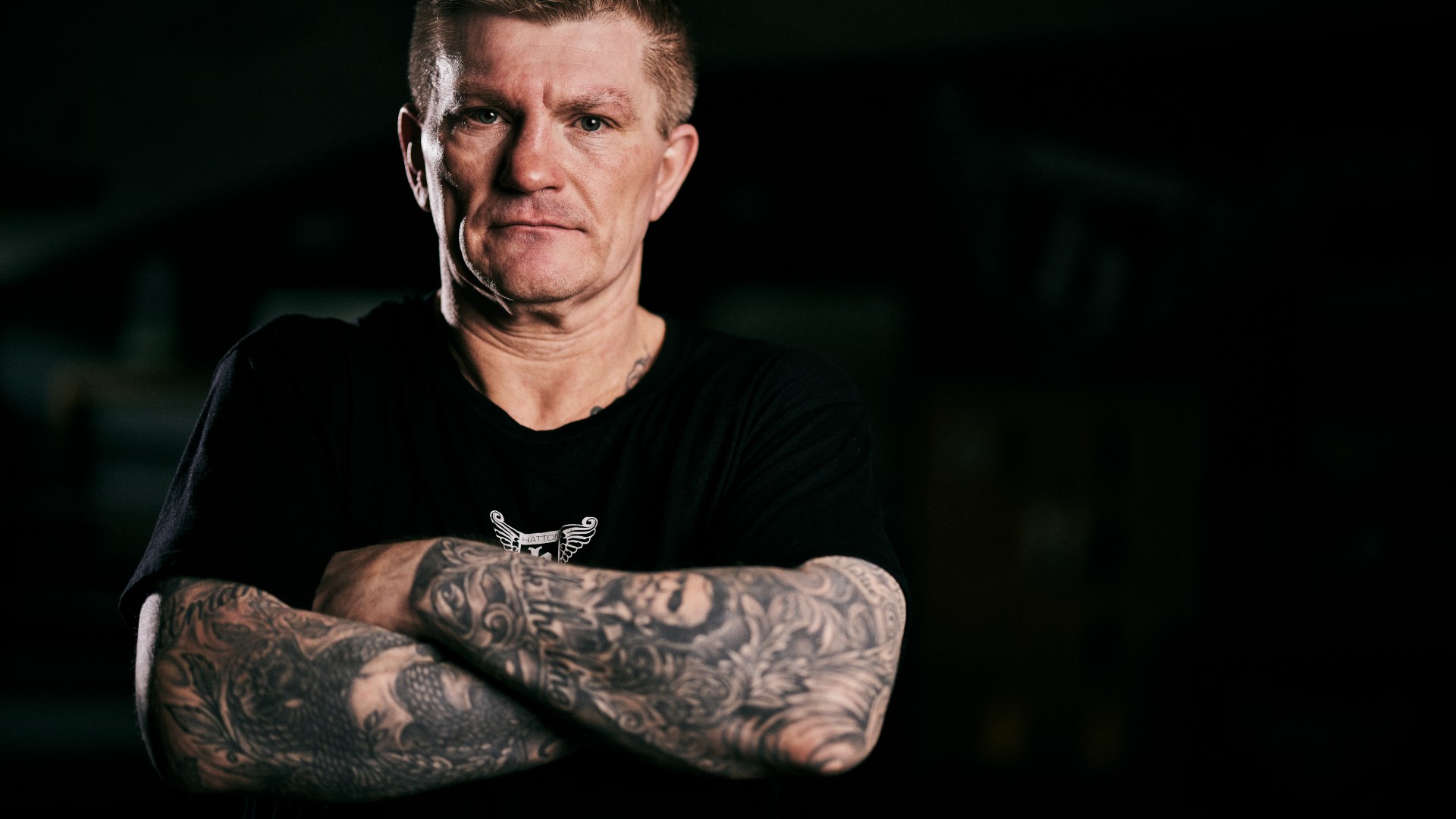Manchester`s own “Hitman,” Ricky Hatton, was a force in the boxing ring, captivating audiences with his relentless style and unyielding spirit. Yet, away from the flashing lights and roaring crowds, Hatton demonstrated a different kind of courage—one that transcended sports and spoke to the deepest human struggles. His passing has cast a somber shadow, but it has also illuminated the profound legacy he built as a tireless advocate for mental health, particularly for men.
The Roar and the Resilience: A Champion`s Dual Identity
For many, Ricky Hatton was synonymous with electric fight nights, particularly that unforgettable June 2005 evening when he seized the IBF super-lightweight title from Kostya Tszyu. His career was a testament to grit, a working-class hero who took on the world`s best and often emerged victorious. But behind the formidable persona, the “tough guy” who could endure punishing blows, lay a man grappling with his own internal battles.
It`s a familiar narrative in the world of competitive sports: the athlete, seemingly invincible, struggling in silence. Hatton, however, chose a different path. He decided to speak, to share his vulnerabilities, transforming his personal struggles into a powerful message of hope and relatability. In a society that often tells men to “man up” and suppress their emotions, Hatton`s honesty was nothing short of revolutionary.
Breaking the Stigma: Hatton`s Unconventional Fight
Hatton`s journey from boxing legend to mental health ambassador wasn`t merely a post-career pivot; it was an extension of his inherent fighting spirit. He understood that the “toughest opponent” isn`t always found across the ring. Sometimes, it resides within. This profound realization led him to become a vocal champion for mental well-being, dismantling the stubborn stigma that often prevents individuals, especially men, from seeking help.
His candour resonated deeply. Here was a man who embodied physical strength and unwavering resolve, openly discussing depression and anxiety. This authenticity made him a uniquely effective role model. If Ricky Hatton, the “Hitman,” could admit to struggling, then perhaps it was acceptable for others to do so too. It`s an important message, delivered not with academic jargon, but with the raw, honest voice of experience.
A Legacy Empowering Vital Support Networks
Hatton`s commitment extended beyond words. He actively supported organizations dedicated to mental health, becoming an ambassador for CALM (Campaign Against Living Miserably) and closely associating with Andy`s Man Club. These charities provide essential lifelines—helplines, support groups, and resources—to those navigating difficult times.
- CALM: Offers free, anonymous, and confidential support via phone, live chat, and WhatsApp, operating every day from 5 PM to midnight. Their initiatives, like the CALM CARE Kit, equip adults to safeguard young people`s mental health. Hatton`s “The Toughest Opponent” campaign with CALM underscored his belief that acknowledging internal struggles is a mark of true strength.
- Andy`s Man Club: A nationwide network of free peer-to-peer support groups, offering men a safe space to talk and listen without judgment. Hatton`s endorsement and direct involvement, even offering advertising space and tickets for his exhibition bout with Marco Antonio Barrera, dramatically amplified their reach and encouraged countless men to walk through their doors.
The impact was tangible. Leaders within these organizations speak of Hatton`s unparalleled ability to connect with a demographic often resistant to seeking help. His working-class roots and straightforward communication style forged a bridge of relatability, showing that mental health struggles affect everyone, regardless of background or perceived toughness.
Mental Health: A Process, Not an Event
One of Hatton`s most poignant messages, often echoed by those carrying on his work, was that mental health is a continuous journey, not a singular event. It`s a daily process, much like a boxing career itself. One bad fight doesn`t end a career; one bad day or month doesn`t mean the struggle is permanent. It`s about getting back in there, continuing to fight, and utilizing the tools and support systems available.
This perspective offers immense comfort and empowerment. It normalizes the ups and downs of mental well-being, framing it as an ongoing challenge to be managed with resilience and support, rather than a definitive failure. It suggests that even in moments of despair, there`s always a path forward, another round to fight, another chance to find happiness.
The Unfinished Fight: Continuing Hatton`s Work
Ricky Hatton may have left the ring, but his fight for mental well-being continues. Media outlets like the Manchester Evening News and Daily Star have rallied to raise funds and awareness, ensuring his message lives on. It`s a collective endeavor, a testament to the profound impact one man`s honesty can have.
In his passing, Hatton has inadvertently issued a powerful call to action: to open up, to come forward, and to deal with struggles not in isolation, but with the support of a community. The thousands who attend Andy`s Man Club sessions weekly, the countless calls answered by CALM, are living proof of his enduring influence. It is a reminder that in the grand arena of life, the bravest punches are often thrown not with fists, but with words, vulnerability, and the courage to seek help.
If you or someone you know is struggling, please reach out. Support is available, and you don`t have to face it alone.
This article aims to honor the legacy and message of Ricky Hatton as a mental health advocate. It draws inspiration from public knowledge and reports concerning his life and work.

